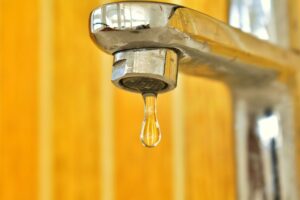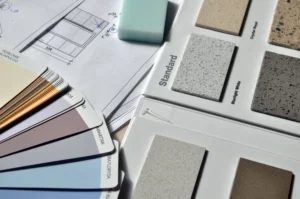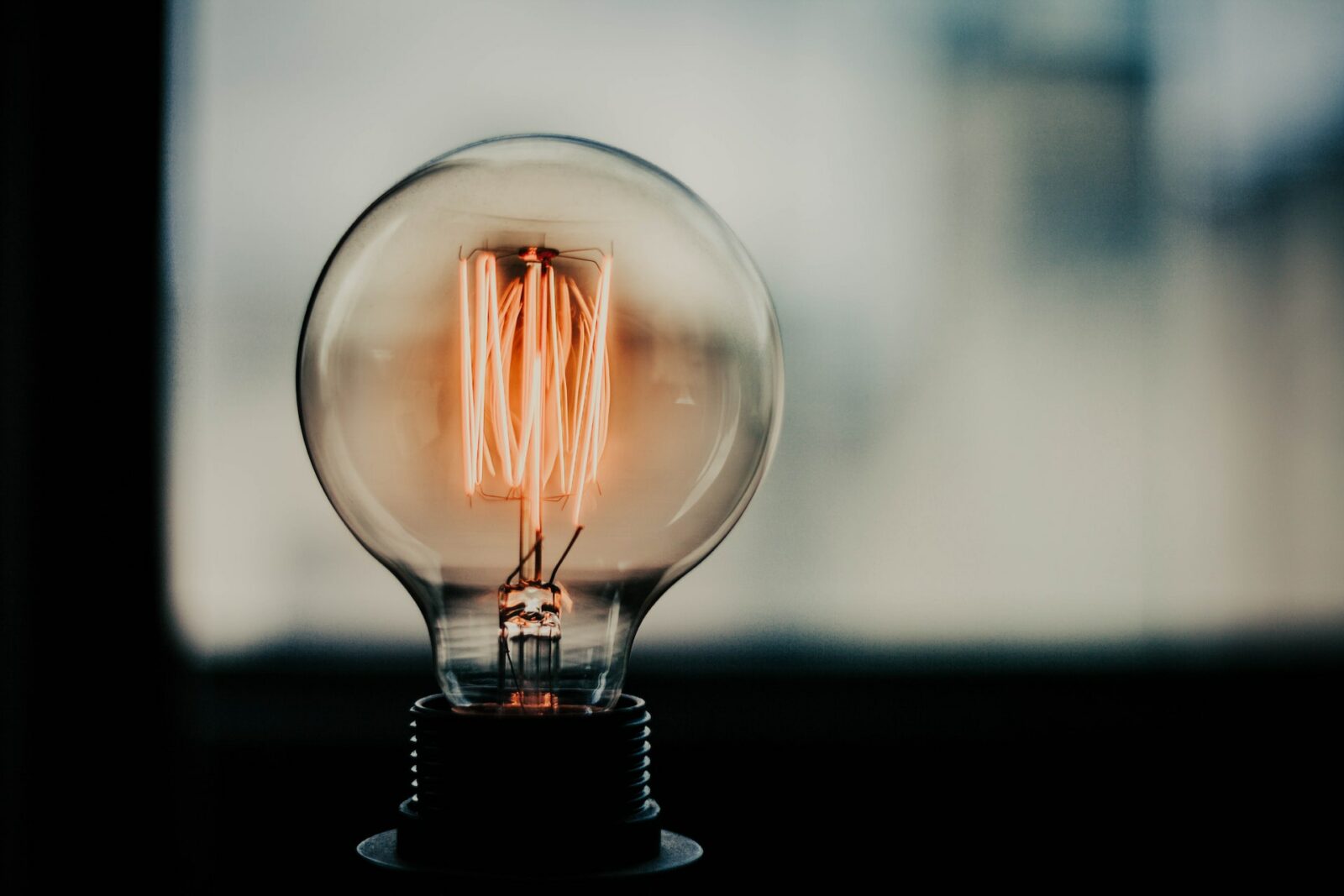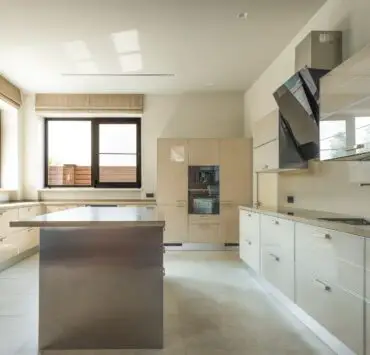Prioritizing energy-efficiency in your homes is not only environmentally friendly, but it can also save your money in the long run. By implementing energy conservation tips and energy-saving measures, you can significantly reduce your energy consumption and lower your electricity bills. Here are some helpful tips to help you make more sustainable homes that are energy efficient.
Priming your home to become more energy efficient benefits us twofold. It lowers our carbon footprint and can save us a good amount of money in the long run. There are many ways, big and small, to save on energy in our home. Ranging from simple lifestyle adjustments to investing in modern energy efficient solutions, anybody can reduce their energy consumption. Read on for some helpful energy saving tips for your home.
The Best Energy Saving Tips for Home
Get an Energy Audit
A great starting point to setting realistic and long term energy saving efforts is first to get an energy audit. An energy audit is conducted by a professional and they take you through your home’s entire energy profile. They identify areas in your home that aren’t energy efficient and give action points on how to reduce your energy consumption. Time Magazine reported that an energy audit can cost between $200 and $500 depending on where and how large your home is. And in accordance to the Inflation Reduction Act, households are offered a $150 tax credit to help cover the cost
Getting an energy audit can give you a great baseline to work with, so you can plan out an action plan accordingly where you energy saving efforts would be best directed.
Don’t Charge Devices Overnight
Small acts add up and opting to charge your devices during the day can save you a considerable amount of energy and money in the long run. Leaving your devices to charge overnight or tends to leave them connected to a power source longer than necessary. For instance, leaving a laptop plugged in overnight can consume up to 0.15 kWh of energy, adding up to about 55 kWh per year.
Charging your devices overnight leaves plenty of time for electricity to be wasted. As much as you can, charge your devices during the day so that you can unplug them as soon as the battery is full.
Use Smart Plugs and Power Strips
According to a study conducted by the U.S. Department of Energy, standby power consumption accounts for approximately 23% of the energy used by an average household. With that said, smart plugs and power strips are an easy, accessible and effective solution to reduce wasted energy on standby power.
Smart plugs and power strips work by allowing you to cut the power from your devices and appliances with a simple push of a switch. You’re saved from the hassle of having to manually unplug devices if you want to save on electricity. Power strips take things up a notch as you can control devices through an app.
By using smart plugs and power strips, you can potentially reduce your energy consumption by up to 10%. This is a win-win as making this simple switch is one of the easiest ways to save on energy.
Replace Your Lightbulbs
Switching to LED lighting is one of the simplest and most cost-effective ways to make your home more energy efficient. When your old fluorescent light bulbs die, make it a habit to replace them with LED light bulbs. This way, you don’t waste money by replacing working light bulbs with LED ones. As you need to replace a light, gradually incorporate LED lights.
LED lights are attractive because they use less energy and have a much longer lifespan. The New York Times cited that they use 90% less energy. In the long run, this saves you money. LED lights are also widely available. They are available in a variety of styles, making them a versatile and eco-friendly option that will complement any aesthetic. LED lights, as opposed to fluorescent bulbs,
Seal Your Home
According to the U.S. Environmental Protection Agency’s (EPA), 25% to 40% of the energy spent heating or cooling your home is wasted through air leaks. Sealing air leaks works by keeping warm air in your home and prevents it from escaping through cracks and other openings. Doing so means less energy spent on warming your home and retaining that warmth.
If you opt for an energy audit, you should be able to pinpoint all unwanted openings in your home that’s causing heat to escape. By sealing your home properly, you give yourself a much cozier living space and smaller energy bill.
Update to Energy Efficient Appliances
If you have appliances that are older than 10 years old, they’re likely consuming more energy than they should. While it’s not necessary to do a complete overhaul of perfectly functioning appliances, slowly phase out outdated appliances and purchase energy efficient ones to replace broken ones. To help you identify good models that will save you on energy, look for the Energy Star certification. Appliances with this certification can use up to 50% less energy. When combined with multiple appliances across your home, you can quickly cut back on energy usage.
Go for Energy Efficient Windows
Installing energy-efficient windows is an excellent way to make your home more energy-efficient by reducing the energy spent in heating and cooling your home. Energy efficient windows save energy by maintaining the ambient temperature within your home, regardless of outdoor conditions. They keep warm air in when it’s cold out, blocks out heat from entering
According to the U.S. Department of Energy, upgrading to energy-efficient windows can potentially save you up to 25% on your heating and cooling costs.
Know Your Solar Potential
If you’re willing to invest upfront for long term energy savings, consider installing solar panels in your home. You can hire a provider to assess the solar potential of your home. Doing so will outline how much solar energy your home can generate by installing solar panels on your roof. Depending on your location and the type of climate you live in, opting to use solar energy will be a very worthwhile investment that will save on your energy bill in the long run.
In conclusion, there are many energy saving tips and energy efficiency measures that homeowners can implement to reduce their energy consumption and save money on their bills. Don’t underestimate the change small lifestyle habits and switches can do to save energy. They add up. With that, making smart investments towards a more energy efficient home will pay off in the long run. Mix and match what suits you best and know that every action towards saving energy is a step forward.
Related posts:
 Affordable Rental Provider Repays $710K to Arlington County
Affordable Rental Provider Repays $710K to Arlington County
 Reduce Your Environmental Footprint: Simple Water Conservation Tips for Your Home
Reduce Your Environmental Footprint: Simple Water Conservation Tips for Your Home
 The Power Of Home Renovation On Your Mental Health
The Power Of Home Renovation On Your Mental Health
 Roof Collapse at Florida School Blamed on Construction Material, Officials Report
Roof Collapse at Florida School Blamed on Construction Material, Officials Report
 Europe’s Housing Market Squeezed Amidst Cost-of-Living Crisis
Europe’s Housing Market Squeezed Amidst Cost-of-Living Crisis



